
Book
A Brief History of Everyone Who Ever Lived
The Human Story Retold Through Our Genes
Recommendation
In telling the history of humankind through the relatively new lens of genetics and genomic sequencing, Adam Rutherford offers an original, compelling explanation of a complex science. Rutherford’s bona fides as a geneticist and science writer provide great credibility. This, combined with his balanced, hype-free exploration of what genes and DNA reveal about humans – past, present and future – should delight everyone, whether you’re a science newbie or an experienced genetics researcher.
Summary
About the Author
One of the world’s foremost science writers and speakers, Adam Rutherford earned a PhD in genetics from the University College of London.
Learners who read this summary also read
Book
Book
Book
Book
Book








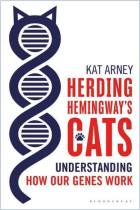
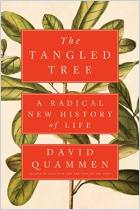
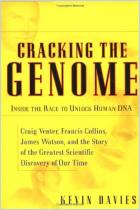
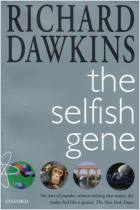
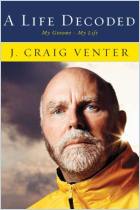
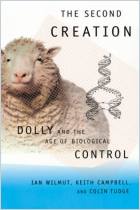

Comment on this summary or Iniciar a Discussão